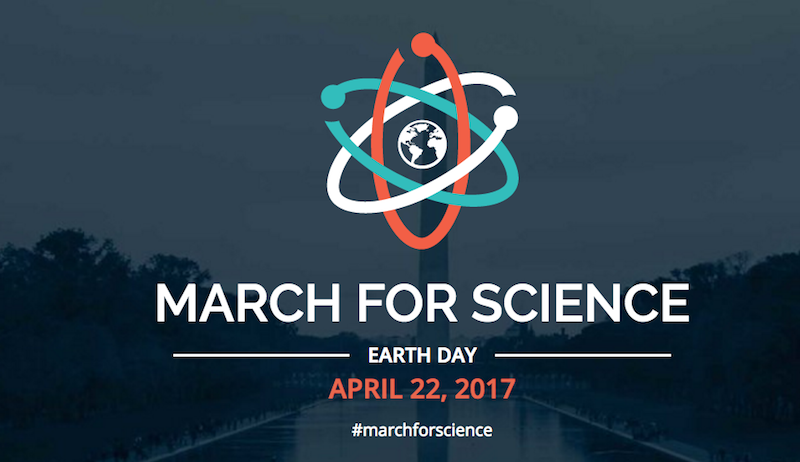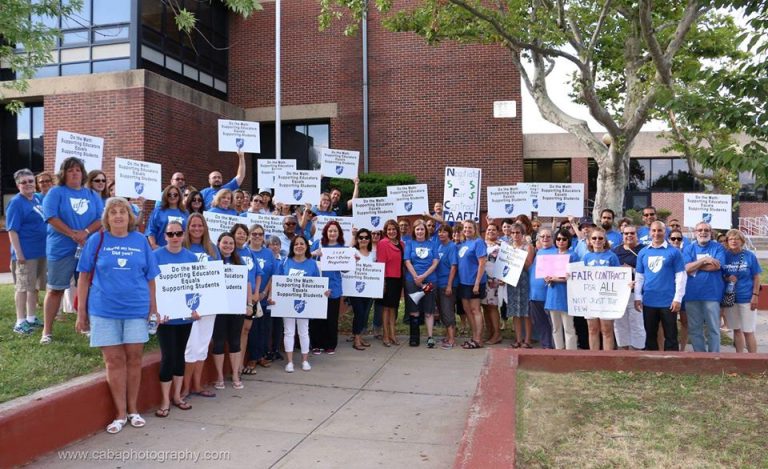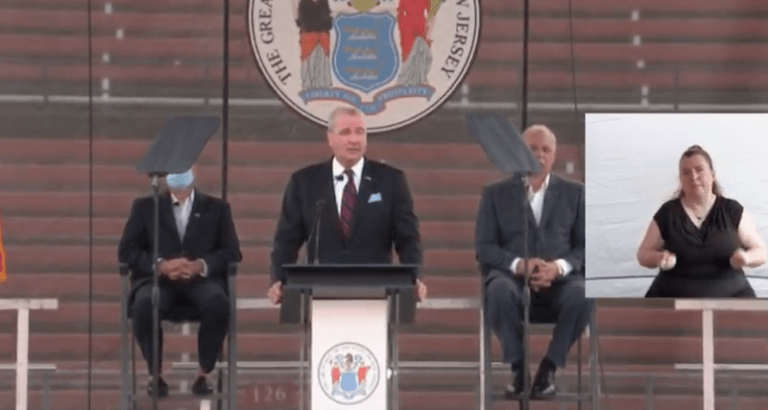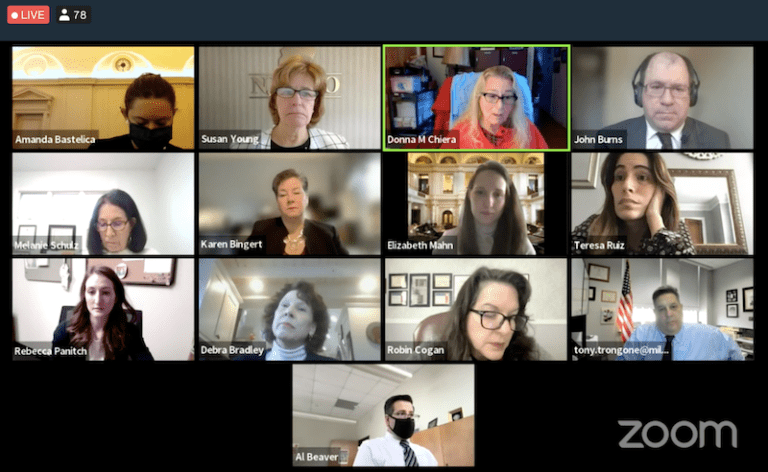On Saturday, April 22 2017, scientists, supporters of science, and advocates for evidence-based polices will march in Trenton in solidarity with March for Science in Washington D.C. and the over 420 other satellite marches being held simultaneously around America and the world.
| New Jersey | Washington DC |
|---|---|
| Where: Outside the War Memorial, 1 Memorial Drive, Trenton, NJ 08608
When: 4/22/17 Who: A diverse coalition of scientists, environmentalists, medical professionals, primary and secondary school educators, religious leaders, and members of the public who consider themselves advocates for science. The Trenton March for Science is supported by a diverse group of sponsors. What: We meet at the War Memorial for a speaking program at 10 am. Participants will |
Those of us in higher education who see certain actions by the new Republican administration as attacks on our work, understand that the March for Science, modeled after the Jan. 21 Women’s March, is a great opportunity to mobilize support for government funding and protection of scientific research and scholarship in the public interest.
Join Rutgers faculty, students and our families at the March for Science on Saturday, April 22 in Washington, DC. On the day of the march, we will be meeting at 5:00am sharp at the Labor Education Center parking lot at 50 Labor Ed Way in New Brunswick where buses will depart at 5:30am for Washington, DC, and return that evening by 9:30pm. |
| www.njmarchforscience.com | www.marchforscience.com |
Participants in this peaceful and non-partisan march are motivated by many concerns,
from climate change to medical research to education to human rights. They are united by a
common belief that science can be a powerful tool to improve the nation and the lives of the people living in it. Participants will use their collective voice to advocate for the continued use of scientific evidence in how our government makes decisions; for the education of the next generation of scientists, and for the protection of the rights of free expression and movement enjoyed by all Americans and which have supported the nation’s scientific community.
“America respects science,” said Matthew Buckley, professor of physics at Rutgers University and founder of the New Jersey March for Science. “People know that science can
improve our lives and help solve the problems that face us. Right now, we see our leaders turning away from the scientific evidence and harming America’s ability to do science. We’re here to make sure that doesn’t happen. You don’t have to be a scientist to march for science: you just need to appreciate what science has taught us and can do for us, and to want to see that continue.”
“We need to march and stand up for science. Climate change is real, is happening every
day, and people are being impacted. This is not a reality show, this is real. When you cut lead funding children will be poisoned, when you roll back protections for clean air our air will be poisoned, and when you don’t clean up Superfund sites communities will be poisoned.” said Jeff Tittel, Director of the New Jersey Sierra Club and member of the organizing committee “For people in the real world that send their kids to school, they want to make sure their kids are drinking clean water and they are not suffering from asthma attacks as a result of power plants in Pennsylvania. You can’t have alternative facts and you definitely cannot have alternative science.”
Azra Baig, community activist, nurse, and member of the South Brunswick Board of
Education says “Science plays a role in everyone’s daily lives. As a supporter of education, as a nurse, and as a person of faith who believes in the responsibility to protect and preserve Planet Earth for our children’s future and beyond, I believe we need to advocate for science by supporting evidence based policy making, by supporting scientific research, and by speaking up.”
“Science should be the bedrock of our public policy. The scientific process informs our
work on environmental protection and expanding public health – but it is under threat,” said Doug O’Malley, director of Environment New Jersey. “In an era of fake news and a polarized country, science should not become a hostage in the political process. We march to support our scientists, the concept of scientific inquiry and trusting science to guide our environmental policies. Standing up for science should not be a radical concept, but we need the public to join us. These are extraordinary times, and we need everybody to join us to support science that creates the foundation of our society.”
Environmental issues and climate change are top concerns for participants, as well as
opposition to proposed funding cuts for research and education.





